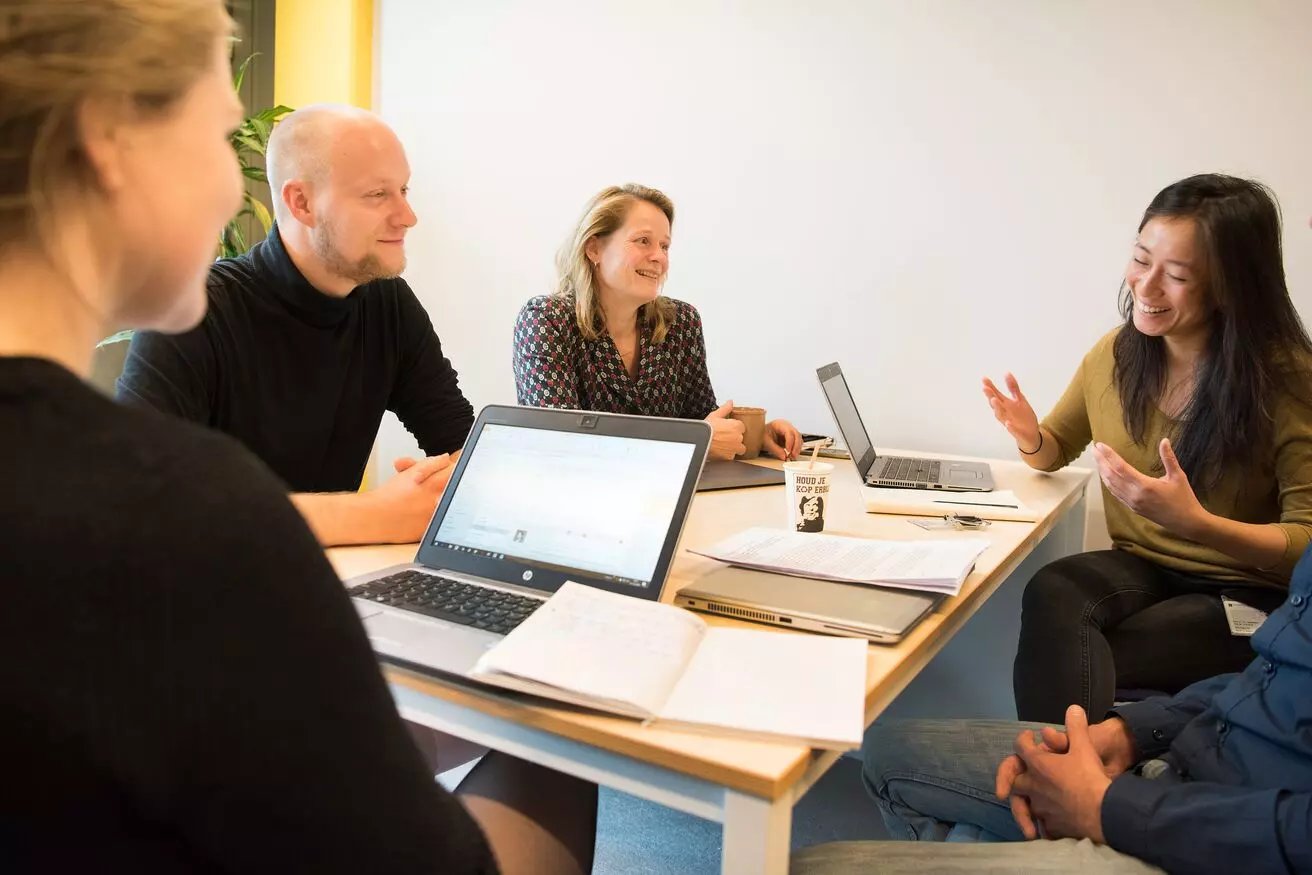Not found

More vacancies

PhD on Modelling Long-term Fate of Synthetic Microfibres (Microplastics) in Rivers
- Faculty of Science
- €2.901 - €3.707
- Closes on15-06-2025
- Master's
- 38 hours
Are you concerned about the impacts of microplastic pollution on natural systems? Do you enjoy computational modelling and taking a systems perspective to address complex problems? Join us for a 4-year PhD position to model the long-term fate of synthetic microfibres in Dutch surface waters and their impacts on sediment dynamics.
View vacancy
.jpg)
PhD on Synthetic Microfibre (Microplastic) Interactions with Sediment Processes
- Faculty of Science
- €2.901 - €3.707
- Closes on15-06-2025
- Master's
- 38 hours
Are you concerned about the impacts of microplastic pollution on natural systems? Do you enjoy working in the laboratory and designing experiments to better understand the world around us?Join us for a 4-year PhD position to study the interactions of synthetic microfibres with freshwater sediments under different aquatic conditions mimicking current and future scenarios.
View vacancy

PhD candidate in Neuroscience of Statistical Learning in Health and Disease
- Faculty of Science
- €2.901 - €3.707
- Closes on30-06-2025
- Master's
- 38 hours
Most of our decisions are guided by predictions—for instance, opting for a bike over a bus based on expected travel time and weather. However, unexpected changes, such as roadworks causing delays, can invalidate these predictions. According to normative Bayesian theory, highly surprising outcomes should prompt rapid belief updating, incorporating new information to improve future decisions. What are the brain circuits that mediate the flexible updating of prior beliefs? And how are these circuits disturbed in for example schizophrenia?
View vacancy
This website uses cookies
We, and third parties, use cookies on our website. We use cookies to ensure that our website functions properly, to store your preferences, to gain insight into visitor behavior, but also for marketing and social media purposes (showing personalized advertisements). By clicking 'Accept', you agree to the use of all cookies. In our Cookie Statement. you can read more about the cookies we use and save or change your preferences. By clicking 'Refuse' you only agree to the use of functional cookies.
